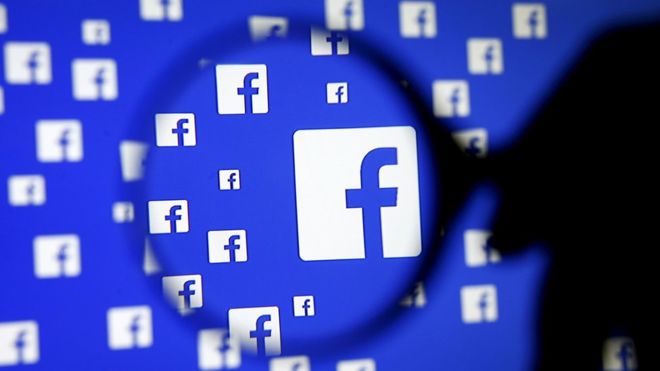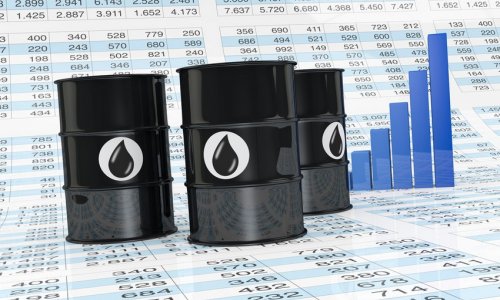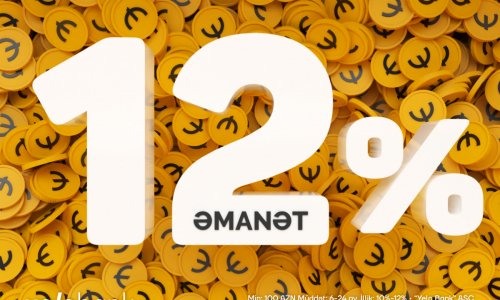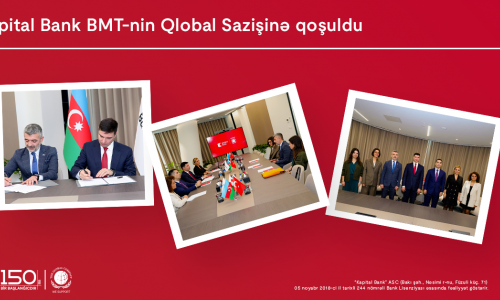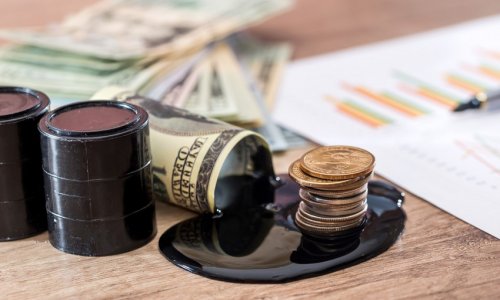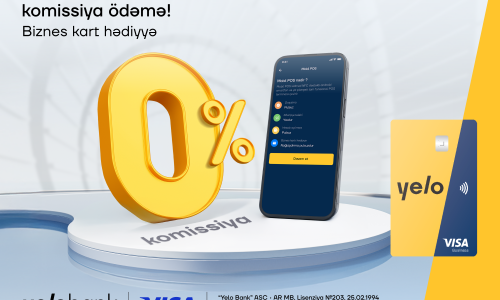What is the most important source of news and therefore the most powerful media organisation in the world today?
Well there is a good argument that the answer is not a newspaper or broadcasting organisation but a social network, Facebook.
After all, it has 1.6 billion users and is becoming an ever more important place for them to share news. More than 40% of the population of the United States say they get news on Facebook - and for many it is where they go to share and comment on stories.
Stories like this - "Pope Francis Shocks World, Endorses Donald Trump for President", "Barack Obama Admits He Was Born in Kenya", or "Trump said in 1998 'If I were to run, I'd run as a Republican. They're the dumbest group of voters in the country'."
What all of those stories had in common was that they were completely made up. That did not stop them being shared by millions of Facebook users.
Whoever created this torrent of untruth probably had two motives - to cause mischief and to make a large amount of cash through the adverts that are the lifeblood of Facebook and the businesses which live off what it describes as its ecosystem.
But they also succeeded in unleashing a debate about fake news and whether the internet, far from spreading enlightenment as its creators once hoped, was leaving us worse informed.
At first Facebook's founder Mark Zuckerberg appeared unwilling to engage with that debate, dismissing the idea that fake news could have swung the presidential election as "crazy".
But it soon became clear that this position was untenable and that even inside Facebook there was plenty of agonising going on over its role in fakery.
Some days later Mr Zuckerberg took to - you've guessed it - Facebook to share some good news. "We've been working on this problem a long time and take this responsibility seriously," he wrote.
Mr Zuckerberg detailed plans to identify untrue stories and, in his words, disrupt the economics of fake news by making sure that it did not benefit from advertising.
Of course Facebook is trying to apply a new technology solution to an age-old problem, hoping it can come up with an algorithm which will sift truth from falsehood.
We used to think that was a job for editors, so maybe journalists need to take a long hard look at their own profession before being too sniffy about the ethics of social media firms.
But Mr Zuckerberg's change of heart seemed to show that he now realises he is an extremely powerful editor - and that with this comes weighty responsibilities as well as huge power.
But earlier this week up popped a story in my Facebook feed. "Facebook worked on special software so it could potentially accommodate censorship demands in China," it said.
Surely fake, I thought - would a company dedicated to truth really be developing a tool which would allow the Chinese authorities to suppress it? But then I saw the report was from the venerable New York Times and Facebook was not denying it, merely saying that it was "spending time understanding and learning more" about China.
We know that Mr Zuckerberg does have a deep interest in China - he has been learning Mandarin after all.
And Facebook is not alone among Western technology firms in wrestling with the dilemma of wanting access to this lucrative market while holding on to some of their values of free expression.
The same can be said of a few media organisations - 20 years ago Rupert Murdoch opted not to publish a book critical of China at a time when his satellite TV empire was trying to expand there.
I am not entirely sure that Mark Zuckerberg would like the comparison, but in many ways he is shaping up to be the Murdoch of the next 20 years. A global media tycoon, with great sway over how we understand our world.
And one with commercial incentives to shape the news to suit all sorts of different views of what is truth and what is fake.
(BBC)
www.ann.az
Follow us !

